In this special episode of the AppleInsider Podcast, Daniel Eran Dilger joins Victor to talk about the Sept. 12 event and what we saw announced: Apple Watch, AppleTV, iPhone 8 and iPhone X. Daniel breaks away from the event to give his thoughts on what's really important that we saw today.
AppleInsider editors Daniel Eran Dilger and Victor Marks discuss:
- Apple Watch Series 3 - what it is, and Apple's foray into healthcare
- AppleTV and 4K, and Dan makes the point that it's not just the resolution that matters, it's the other codecs that Apple has included that make the product.
- The iPhone 8, A11 Bionic, and neural network that make it the very best phone... if not for...
- The iPhone X. Dan makes the point that it's a huge, sweeping change for iOS users, but by pricing it higher and its potentially limited supply, people who buy one are largely buying in prepared for the changes.
The show is available on iTunes and your favorite podcast apps by searching for "AppleInsider." Click here to listen, subscribe, and don't forget to rate our show.
Listen to the embedded SoundCloud feed below:
Show note links:
- First look: Apple Watch Series 3 and AirPower
- LTE Apple Watch details: iCloud Music Library streaming, 16GB of storage, LTE talk time and more
- First look: iPhone 8 series with A11 Bionic chip, wireless charging, more
- First look: Hands-on with Apple's iPhone X
Follow our hosts on Twitter: @danieleran and @vmarks.
Feedback and comments are always appreciated. Please contact the AppleInsider podcast at news@appleinsider.com and follow us on Twitter @appleinsider, plus Facebook and Instagram.
Those interested in sponsoring the show can reach out to us at advertising@appleinsider.com.
 Victor Marks
Victor Marks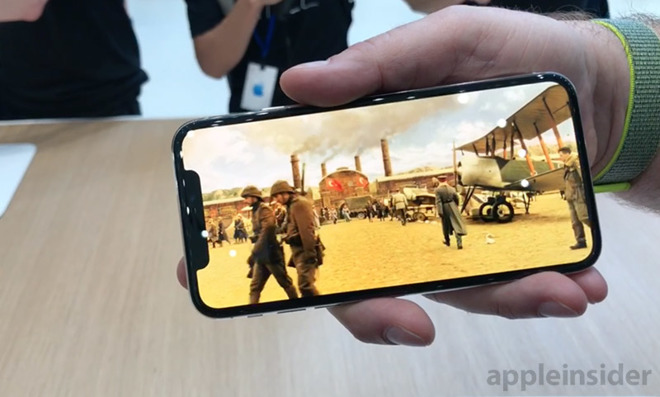

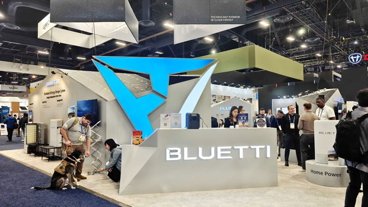
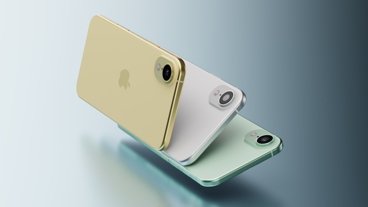
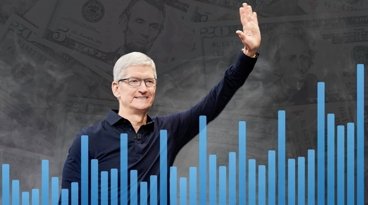
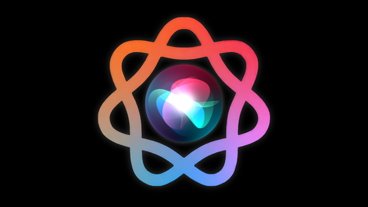
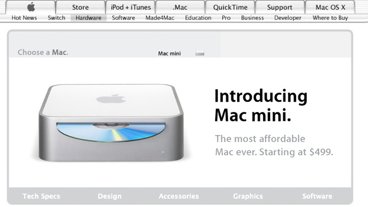
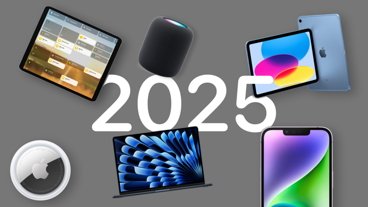
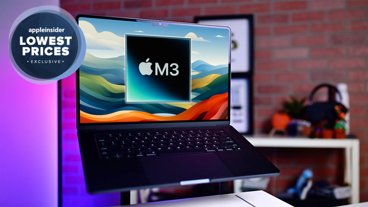

 Malcolm Owen
Malcolm Owen
 William Gallagher
William Gallagher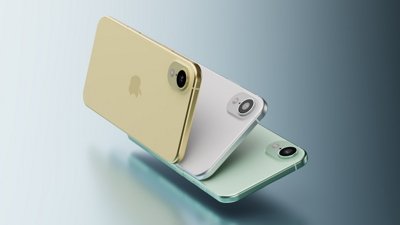
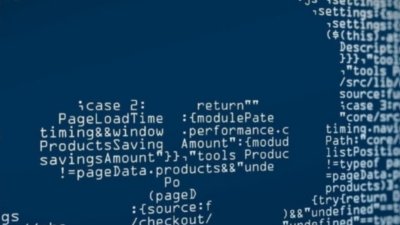
 Andrew Orr
Andrew Orr
 Christine McKee
Christine McKee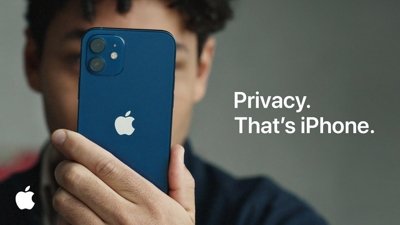
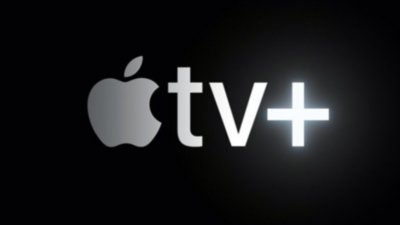
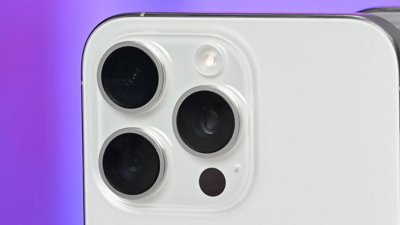
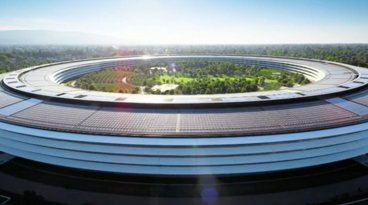
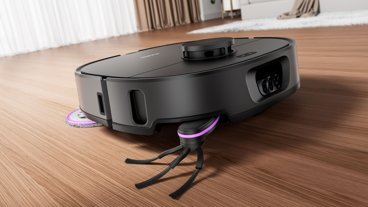








8 Comments
I'd be very interested to see the FaceID in action in a bright outdoor environment. Using an IR dot array for depth is a great way to make FaceID more secure but opens it up to IR contamination problems. The more you rely on depth the more resistant you are to say a face photo but the tighter you make the tolerances the more IR pollution breaks your algorithm. As an example, take the flash... works great in the dark but you can't tell the difference in the bright light. The IR dot array will suffer the same problem. In bright IR (sunlight) you'll lose a lot of definition and if your tolerances are tight (for more security) then you'll have a high fail rate.
I have to take a bit of issue with Dan's closing statements regarding willingness towards speed of change.
While I'm sure there are some people that resist change for change's sake, for me it is more about whether that change is net-positive or not. I've been following (and working in) tech for over 30 years, and I've changed technologies, operating systems, and platforms many times (having to use all the major ones for most of it). I quickly adapt to change... it's part of my job and in my DNA.
That said, I feel like a number of the changes Apple has been making over the last few years are more to benefit Apple, at a detriment to the user. In other words, net-negative, even if there is some positive in the mix. Yes, in that case, I do oppose change... and then I'm put into a position of resisting it until I'm forced to comply, rather than eagerly awaiting it.
That sums up well what my relationship with Apple has been in the last few years. I was once a huge Apple evangelist, and had to constantly guard against being labeled a fan-boy. Now, I feel I'm too often begrudgingly buying my next Apple product because, in the end, they are still better than the competition and the pain of a total switch would be too great. And instead, I now have to defend myself against being an Apple-hater because I'm critical. I just can't win. :)
For me it is Silver X.. Going to have my finger on The buy botton .... hope i click fast enough .?
Great summation of the Keynote. I always learn something about Apple from Daniel.
I knew of Apple purchasing chip design companies (I think on of the first ones was an Israeli company) but didn't make the connection that competitors would not be able to match or 'keep-up' as it were, with Apple.
Also, the premise that other manufacturers are going to make their phones/tablets based on the cheapest components available and essentially failing to make any money! I kind of new that last one but Daniel said it more succinctly. He mentioned phones, tablets. Another example would be the tiny laptops (can't seem to think of the name). And if you want to go deeper, how about the whole PC industry of the last 25 years. Sans Apple, of course.
Anyway... great review.